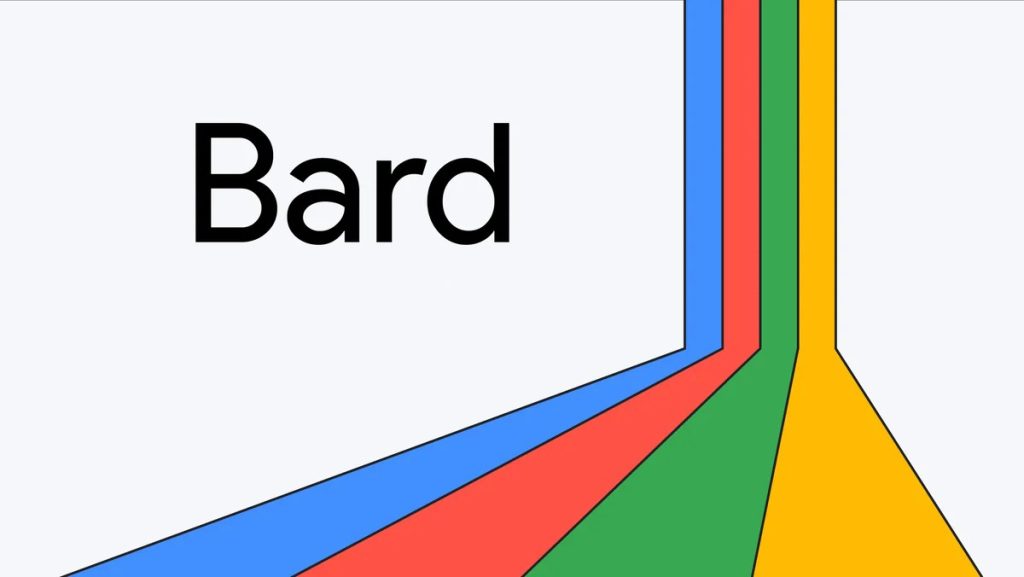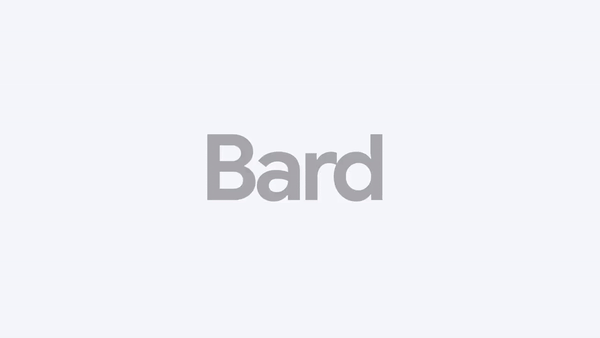Google Bard Can Now Respond in 9 Indian Languages Adds customization & Productivity Tools

Google has expanded Bard, its language model, making it available in multiple languages worldwide. They have also introduced new features to enhance customization, creativity, and productivity.
Collaborate in over 40 languages
Bard now supports collaboration in over 40 languages, including nine Indian languages – Hindi, Tamil, Telugu, Bengali, Kannada, Malayalam, Marathi, Gujarati, and Urdu. This allows users to interact with Bard in their preferred language. The availability of Bard has also expanded to include Brazil and various European countries.

Responsible approach to AI expansion
Google emphasizes its commitment to responsible AI by actively engaging with experts, policymakers, and privacy regulators during the expansion of Bard. They aim to incorporate user feedback, adhere to their AI Principles, and prioritize the protection of privacy and data as they introduce Bard to more regions and languages.
Customization options for responses:
Listen to responses: Users can now listen to Bard’s responses, enabling a different perspective or aiding pronunciation. By selecting the sound icon, Bard’s answers can be heard, facilitating better understanding and enjoyment. This feature is accessible in over 40 languages.

Adjust Bard’s responses: Bard’s tone and style can be easily modified with five options: simple, long, short, professional, or casual. For instance, when seeking assistance in writing a marketplace listing for a vintage armchair, users can adjust the response length accordingly. This feature is currently available in English and will expand to other languages soon.
Productivity features:
Pin and rename conversations: Google has introduced new functionalities to pin, rename, and access recent conversations with Bard. Users can revisit prompts and tips for later reference, ensuring convenience and organization. This feature is operational in over 40 languages.

Export code to more platforms: Responding to user interest in coding tasks, Google now allows the exportation of Python code to Replit, alongside Google Colab. This addition broadens the possibilities for utilizing Bard in coding-related endeavors. This feature is live in over 40 languages.

Share responses with friends: Sharing Bard conversations with others is made easier through shareable links. Users can now showcase their ideas and creations to their network. This feature is available in over 40 languages.
Image integration in prompts: Google Lens capabilities have been integrated into Bard, enabling users to incorporate images into their prompts.
Whether seeking information or generating captions, Bard will analyze uploaded photos to provide assistance. Currently, this feature is accessible in English and will expand to other languages soon.
Announcing the updates, Jack Krawczyk, Product Lead, Bard and Amarnag Subramanya, Vice President, Engineering, Bard, said:
Curiosity and imagination fuel human creativity. From a child creating a game, friends planning their next adventure, to an entrepreneur devising a new business concept, our ability to envision new possibilities is an inherent human trait. That’s why we developed Bard – to nurture your curiosity, enhance your imagination, and help bring your ideas to fruition.
Not just by providing answers, but by building upon your questions. So whether you have a budding idea, a fully-formed concept, or simply need to brainstorm, give Bard a try. You’ll discover the tools to bring your idea to life and may even stumble upon a completely new one.